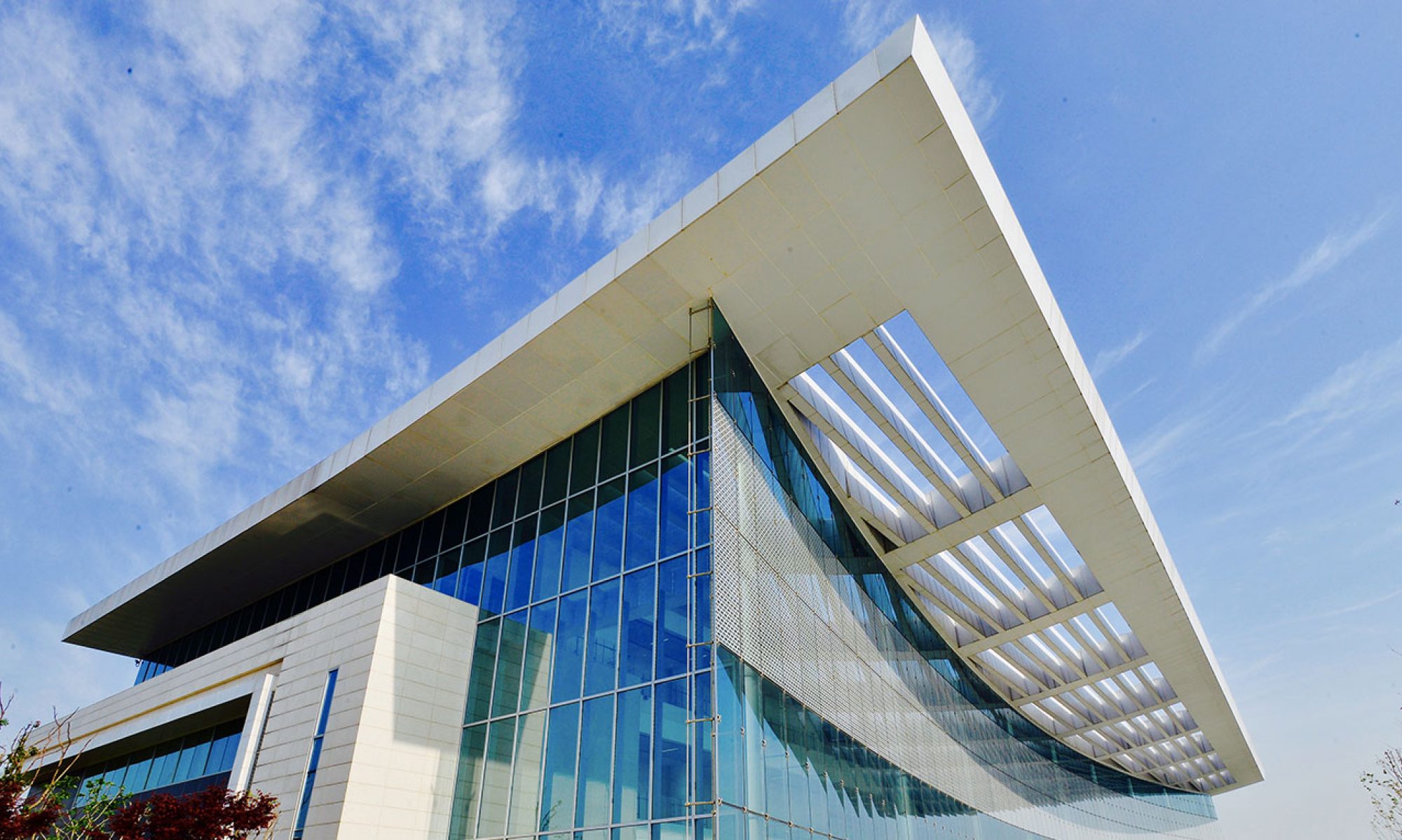By Xiaoxi Zhu
Student Media Center fellow
中文翻译
The story of Wenliang Li, the so-called whistleblower of the coronavirus (Covid-19) crisis, was widely spread on Chinese social media when he died from the disease on Feb. 7. He was an ophthalmologist working in the Central Hospital of Wuhan, Hubei province, where the first case of Covid-19 was confirmed, and he was reprimanded for spreading “fake news” about the contagion in a WeChat group. Continue reading “Is China’s official media losing its authority?”




 An interactive talk by Elijah Siegler, Professor and Chair, Department of Religious Studies, College of Charleston.
An interactive talk by Elijah Siegler, Professor and Chair, Department of Religious Studies, College of Charleston.


 Ege Duman, a 2nd year DKU undergraduate recently published an open-peer commentary in the American Journal of Bioethics: Neuroscience entitled “
Ege Duman, a 2nd year DKU undergraduate recently published an open-peer commentary in the American Journal of Bioethics: Neuroscience entitled “